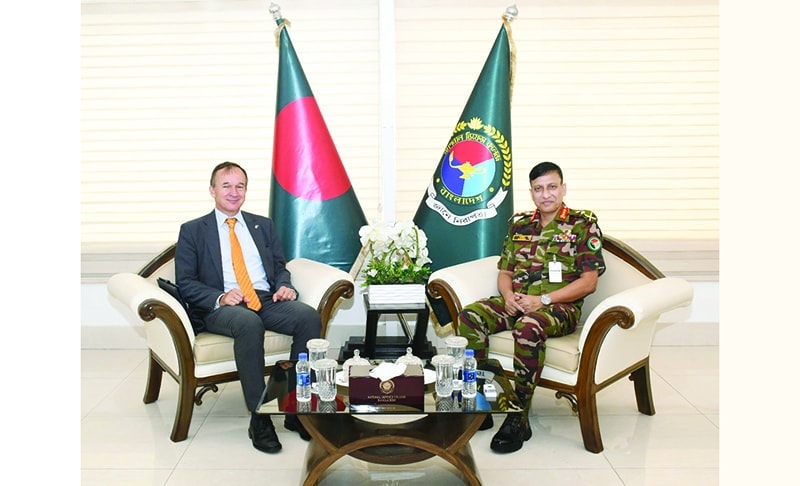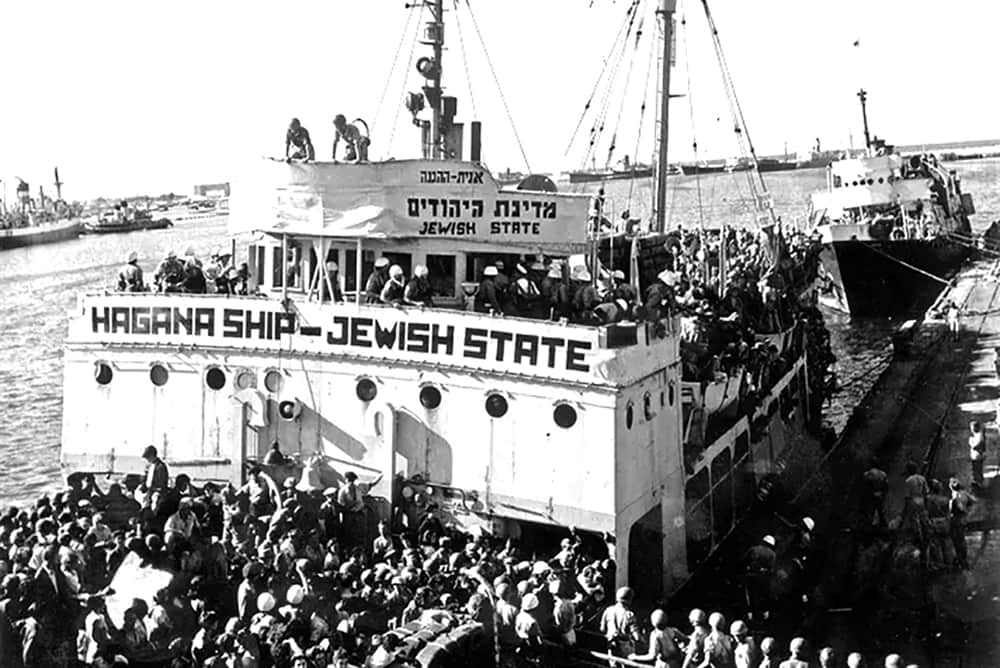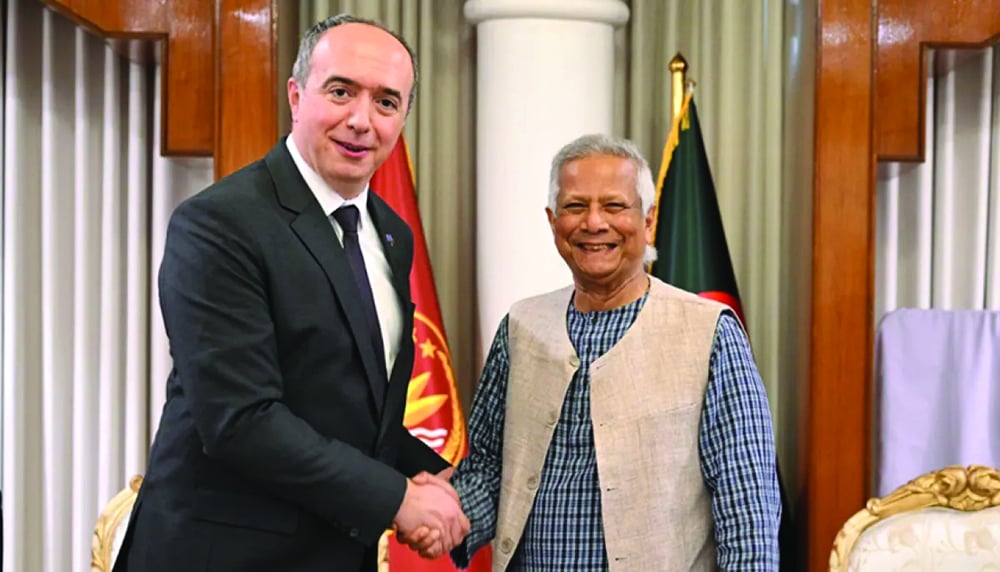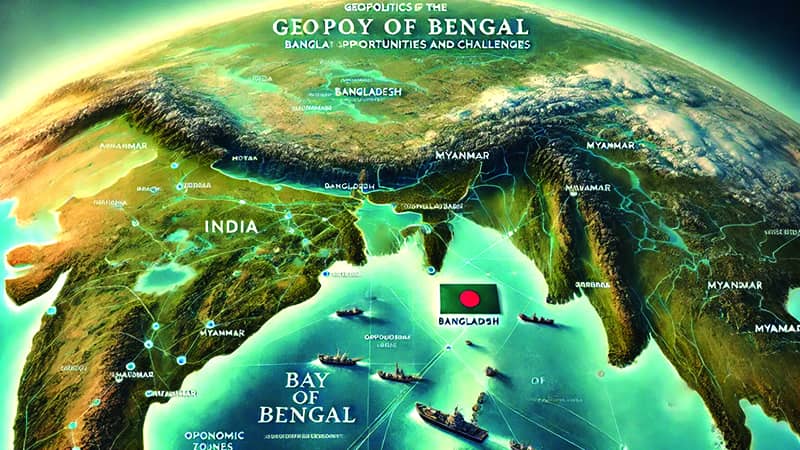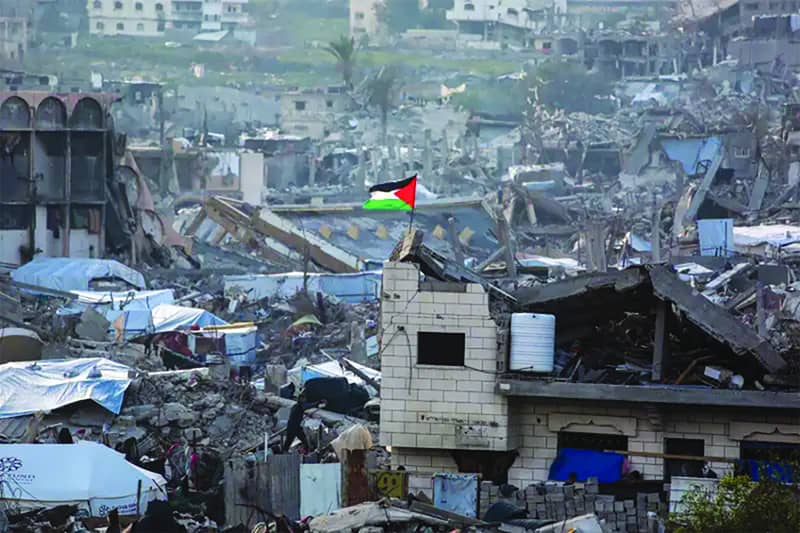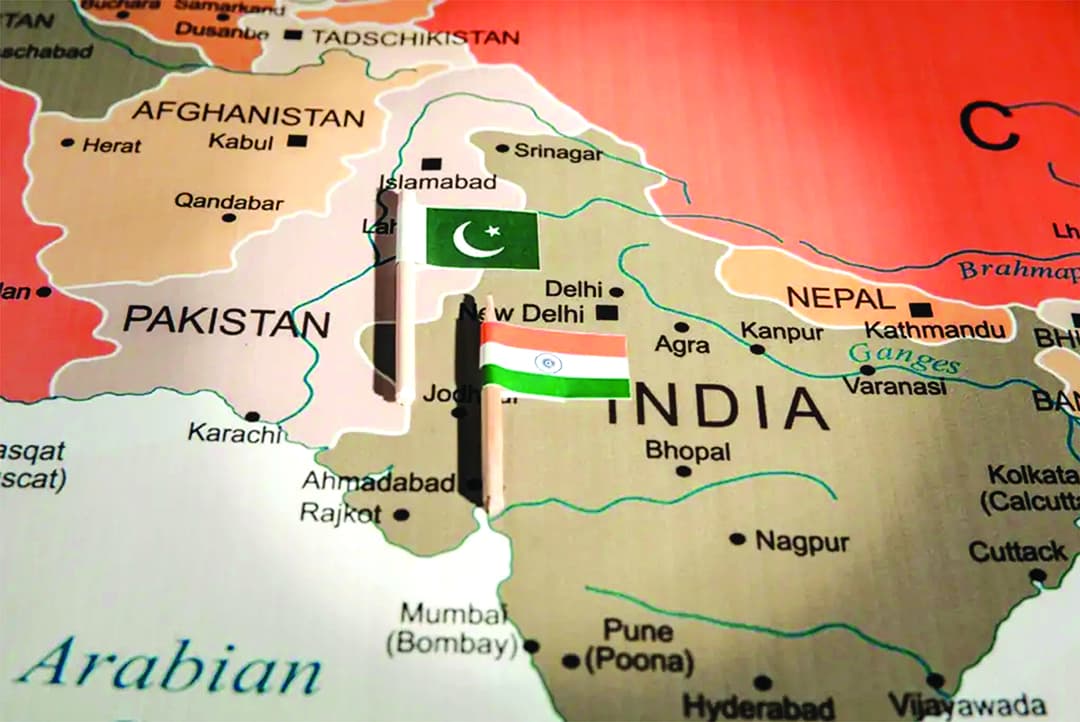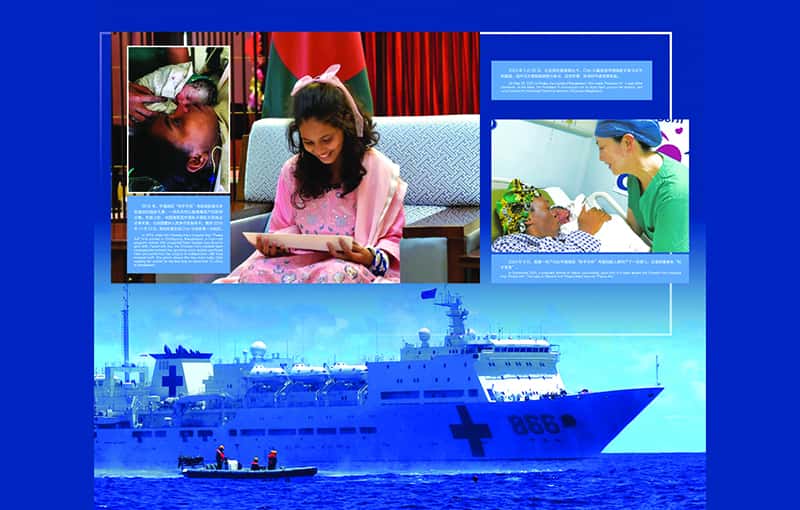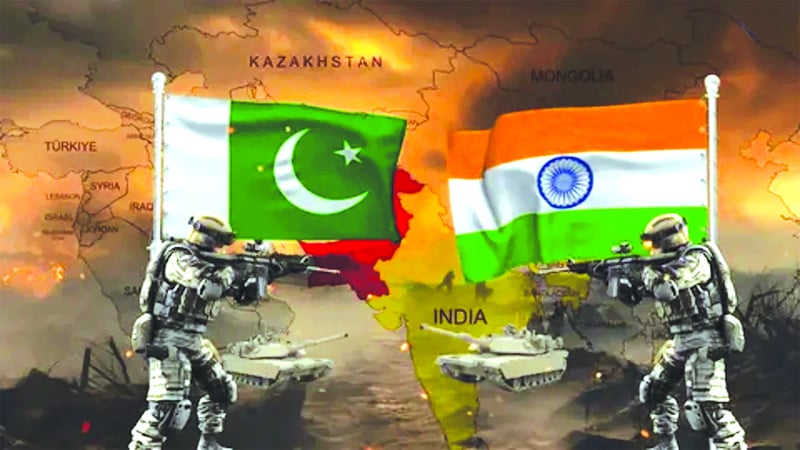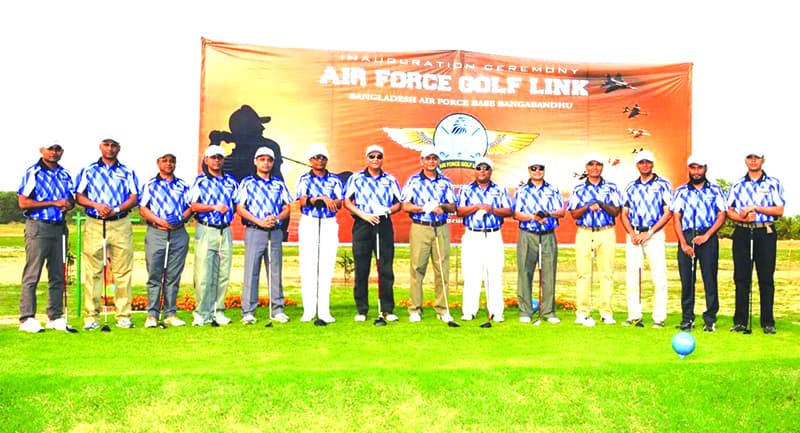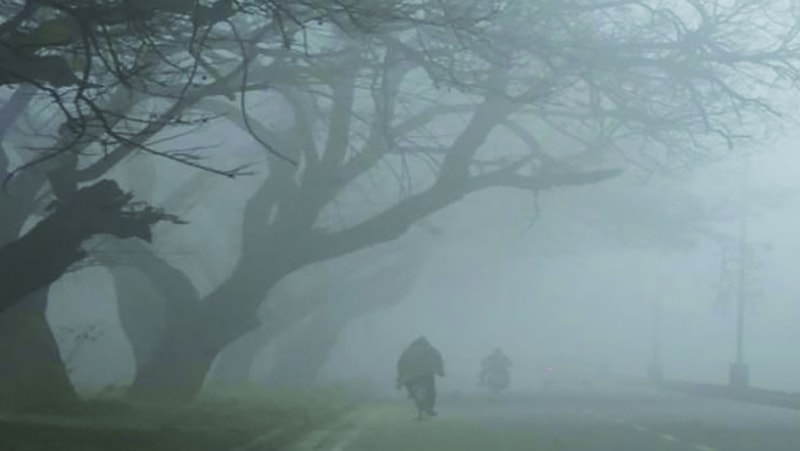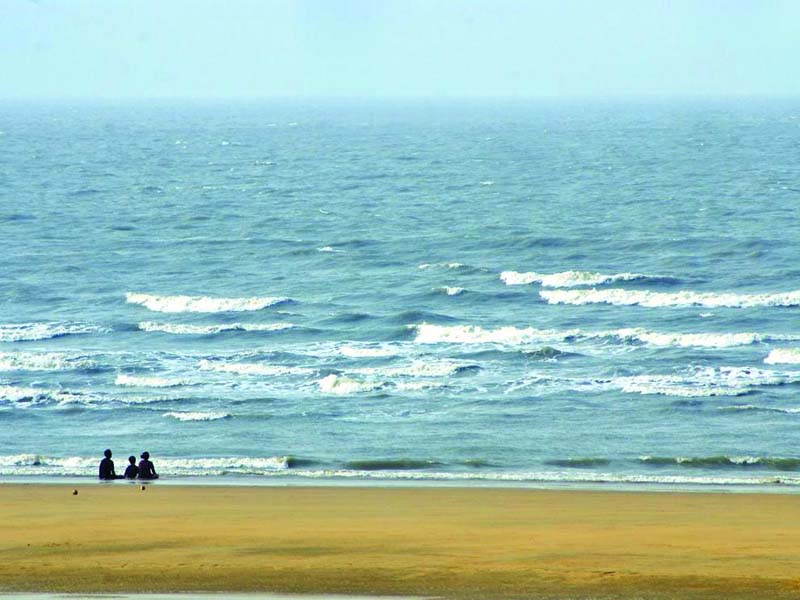Ukraine-Russia War: Politico-Strategic Fallout

Air Cdre (Retd) Ishfaq Ilahi Choudhury, ndc, psc
As the Ukraine-Russia war runs well into its 3rd month with no end in sight, its long-term impact on the global geo-strategy and politico-economic situations are clearly visible. The world will probably never be the same as it was on 24 February 2022. The warring nations, as well as those directly or indirectly involved in the war, are facing major socio-economic disruption. Even countries, located thousands of miles away and with no interest in the war, are being subjected to enormous economic difficulties. Global economy that was already in a recession, may soon head into a depression. Developing counties, such as Bangladesh, face new challenges of reduced foreign aid and investment, shrinking export market, rising price of imported commodities, job loss and many socio-economic issues. There is a danger of global economic meltdown that may cause serious socio-economic and political upheaval across the globe.
Russia invaded Ukraine as it felt that Ukraine has crossed what Mr. Vladimir Putin, the Russian President, had termed as the “Red Line.” Russia viewed westward expansion of NATO at the end of Cold War as a direct threat to its security. Whereas during the Cold War, the NATO border was nearly 2000 Km away from Moscow, today, because of countries such as Poland and Lithuania joining NATO, the distance is less than a thousand kilometers. Historically Russia had suffered external invasions for centuries. From the east came the Huns (4th century), Mongols (13th century), from the south came the Tartars (14th century) and Ottoman Turks (19th century). More recently from the west came Napoleon (1812) and lastly Adolf Hitler (1941-45). Russia considers her geographic depth as the most significant advantage of her physical security. Both Napoleon and Hitler could reach the outskirts of Moscow, but when the Russian counter attack finally came the invading forces were so exhausted and their supply lines so depleted that they were forced to retreat that soon turned into a rout.
The Russians were looking for a way out into the open sea for centuries, but were denied the access. The outlet from the Baltic Sea is bottled up by NATO forces in Germany, Demark and Norway, the Black Sea fleet has to pass through Bosporus and Dardanelles straits, controlled by NATO member states - Turkey and Greece. Russia’s access to the Pacific is also guarded by Korea and Japan and the US Pacific fleet. Russia is essentially a land power that always views its enormous depth as an essential component of its defence safeguard. It is from that point of view Putin had repeatedly warned against further NATO expansion and Ukrainian decision to join the NATO was the proverbial “last straw on the camel’s back”.
Although Ukraine joined as a member state of the Soviet Union (1922), it retained a separate seat in the League of Nations and the UN, recognizing its special status. In fact, Ukraine and Russia shared a love-hate relationship for centuries. Kyiv, the Ukrainian capital is considered the birthplace of the Slavic statehood that ultimately became the Czarist Russia. Russian Orthodox Church, too originated from Kyiv as it broke away from Roman and Eastern Orthodox Churches. Soviet official efforts to promote an all-encompassing Russian identity in Ukraine met with only mixed success. During WWII, dissident Ukrainians joined Nazi forces and fought against the Soviets. After the end of WWII, Soviet strongman Josef Stalin took grave revenge on the Ukrainians by sending ten millions of them to exile in Siberia where millions perished in the Gulag (prison camp). These are in the collective memory of the Ukrainians. Despite efforts of reconciliation in the 1950s, especially by Soviet Premier Nikita Khrushchev, who was of Ukrainian origin, the Russians overwhelmingly consider separate Ukrainian identity as a western conspiracy. Even Nobel Prize winning novelist and Philosopher Aleksandr Solzhenitsyn, who bitterly criticized the Soviet system and claimed himself a half-Ukrainian, termed Ukrainian nationalism “a recently invented falsehood.” Solzhenitsyn called for the formation of a “Russian Union” composed of the Soviet Union’s Slavic core—Russia, Belarus, Ukraine, and northern Kazakhstan. Mr. Putin, it appears, believes that he is ordained to reunite the greater Slavic Russia and the Ukraine invasion is a part of that grand design.
Mr. Putin has some public support amongst the Russian-Ukrainians concentrated in the Eastern Ukrainian region of Donbas. Some of this area had been under Russian occupation since 2014. Crimean peninsula that had belonged to Russian Federation till 1954 when it was handed over to Ukraine by the Soviet PM Nikita Khrushchev, was re-occupied by Russia in 2014. While Putin’s ‘Plan-A’ of occupying Kyiv has failed, he is vigorously pursuing ‘Plan – B’, i.e. to take control of Donbas region of Eastern Ukraine. After the fall of Mariupol, Russians are now controlling the whole of eastern Ukrainian coastline. Mr. Putin’s next target would be the capture of Odessa, the biggest seaport of Ukraine with large population of Russian origin. If Russia can capture Odessa, Ukraine will become a land-locked country and its economy will be in serious jeopardy. However, Russian forces will find the going increasingly difficult while the Ukrainians are able to put up stiff resistance with their newly acquired sophisticated western weapons. With the stiff sanctions now enforced, holding on to the territorial gains in Ukraine will be a difficult proposition in the long-term. One must remember that although Russia is a major military power with huge conventional and nuclear-armed military force, yet, the size of its economy is smaller than even South Korea. West won the Cold War without having to fire a single shot, only because the then Soviet Union, in order to match the West’s military might, just went broke. Once Soviet economy collapsed, the state itself broke up. Mr. Putin is keenly aware of this fact of recent history.
Invasion and occupation of Ukraine has sent a chilling message to Russia’s neighbours who feel more threatened now than ever before. Application by Finland and Sweden, who had hitherto been neutral, to join NATO and EU is a case in point. Sweden had been a neutral state from the 19th century and had stayed away from all European wars. Finland, which lost a part of its territory in the two Finnish-Russian Wars (1939 and 1941-44) and was forced to sign a Peace Treaty with Moscow, had the old fear reignited. The invasion set a bad precedence for the world community where a major power could invade and occupy a smaller neighbour’s territory under the pretext of national security. For the developing world, this war brought further economic blows. Russia and Ukraine were major suppliers of wheat, maize and edible oil. The disruption of the supply chain has already caused serious food shortage and economics chaos in many Afro-Asian countries. The poor are the hardest hit. While the oil producing countries in the Middle East are filling their coffers, the countries such as Sri Lanka ran out of fuel just because they went broke. “The New World Order” as was visualized at the end of Cold War in 1991, a world where there will be no arms race, no nuclear weapons and where democracy and human rights will thrive, have all proved to be a chimera. The conflicts in the post-Cold War period has cost more lives than those lost during the Cold War.
As it stands today, 24 May 2022, Mr. Putin has declared a victory by occupying Mariupol and most of the Donbas region. Now is the time for him to call for a ceasefire and start serious negotiation. Both sides must have a face saving situation before they can talk peace. The Russian can rejoice over their victory in Donbas and the Ukrainians too can be proud of defiantly standing up to a powerful invading army. The first step, as the UN Secretary General Mr. Antonio Gutiérrez pointed out is the cessation of hostilities, return of the refugees and resumption of international trade and commerce. This is important not only for the warring nations, but for the world. The West must respect Russia’s genuine security concerns and refrain from encircling Russia. Russia, on its part, must recognize the international boundaries and renounce the use of force as a means to settle inter-state disputes. Let us hope that the war comes to a peaceful end and we live to see a better world tomorrow.
Air Cdre (Retd) Ishfaq Ilahi Choudhury, ndc, psc, Security Analyst, Research Supervisor, National Defence College, Bangladesh.






